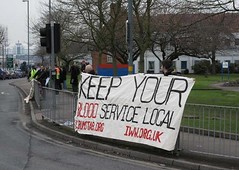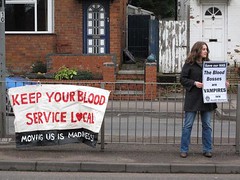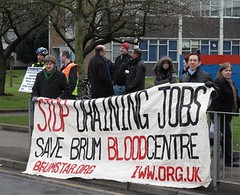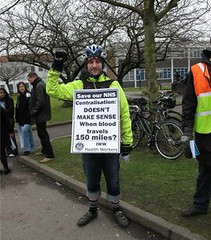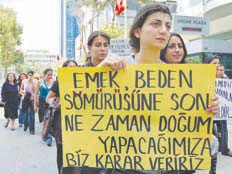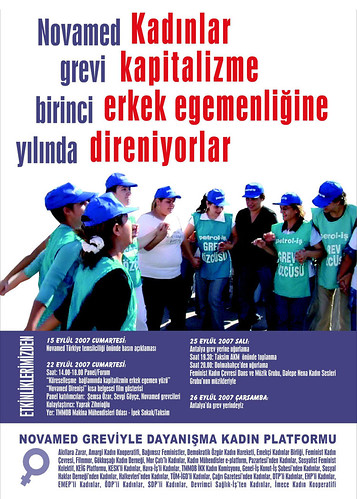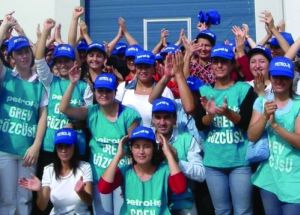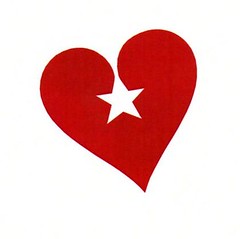Night shifts bad for workers' health - Supercentre runs 24 hours
It was reported in today's news that 37 women in Denmark have won the right to compensation after it was proven that working night shifts long-term was linked to them developing breast cancer.
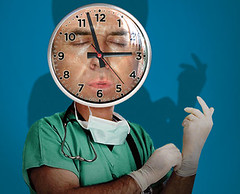
This link was suspected as long ago as 2001. Read more in a report on the research done into it here.
Cancer is not the only health concern around night working. Humans are not nocturnal (we are diurnal, the opposite of nocturnal). Night shift work is believed to cause disturbed sleep, fatigue and digestive problems. There are possible increased risks of diabetes. Scientific studies have shown that sleep disruption can cause the body to produce less melatonin, an important sleep regulating hormone. And accident rates are significantly higher on the night shift than during the day.
This leaflet informs employers that workers are at more risk of accidents when working at night than during the day.
Knowing this, it is a shameful and dangerous step backwards for National Blood Service bosses to decide to centralise blood processing and reduce the number of regional labs. At these regional labs where local blood collections were received, the processing work could be completed in a day, and the workers stop at 11pm. At the Filton supercentre which replaces them, where all blood for the whole of the Midlands and South-West has to be processed, the work rolls non-stop 24 hours round the clock. Now, as a result of this restructuring, unhealthy night shift working is being inflicted onto more workers. It doesn't seem too much to ask when you work in the NHS, helping to save lives, that your employers won't make choices that could shorten your own!
Do you have to work night shifts? Does a friend or family member? Take care - here are some health tips for shift or night time workers and advice from the Health & Safety Executive.
Labels: About the NBS, management strategy, resources

